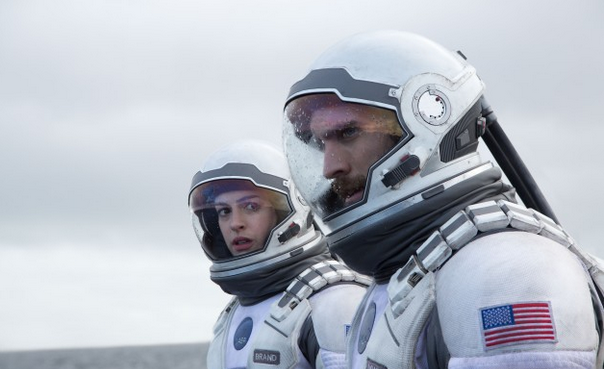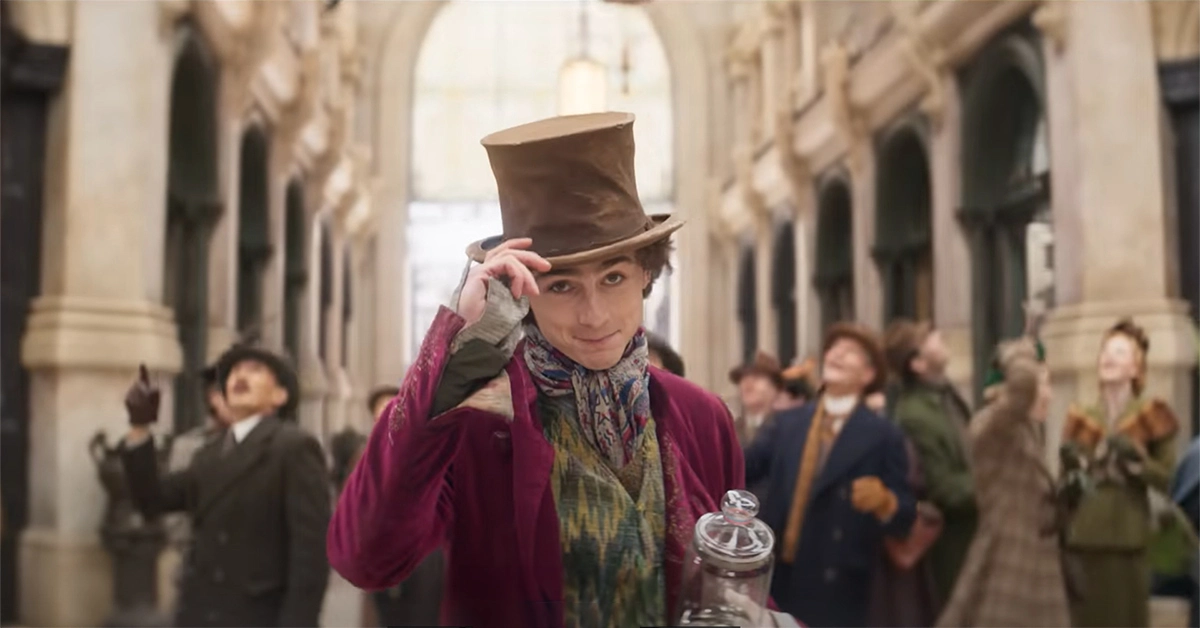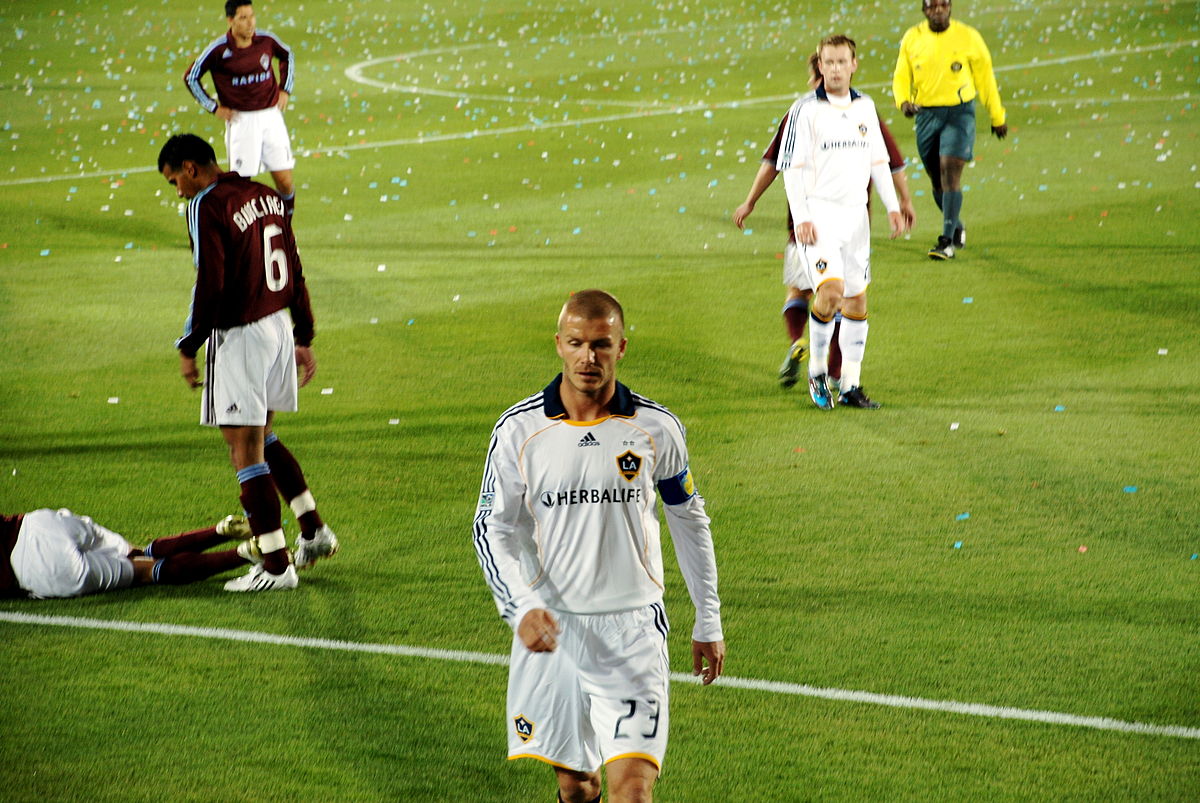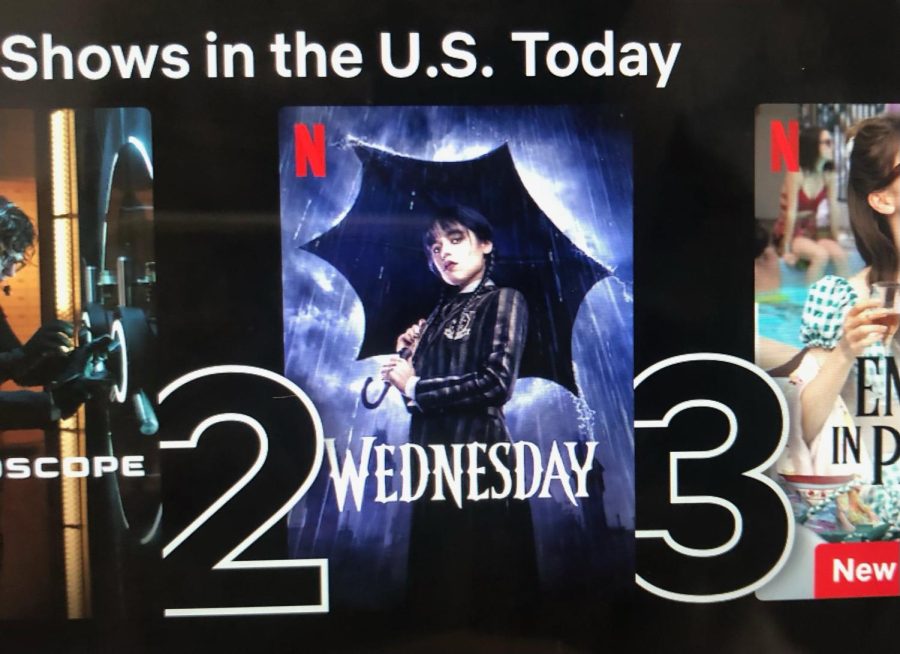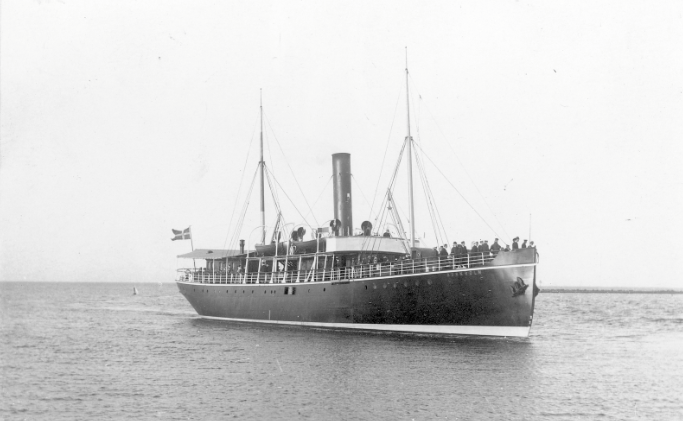Stanley Kubrick, legendary filmmaker, once said about movies, “The screen is a magic medium. It has such power that it can retain interest as it conveys emotions and moods that no other art form can hope to tackle.” In 1968, his masterpiece, “2001: A Space Odyssey,” crossed frontiers in the art of cinema, and Christopher Nolan’s similarly genius new film “Interstellar” follows in Kubrick’s shining footsteps.
Christopher Nolan, the anti-hero-loving director of the “Dark Knight” trilogy and “Inception,” steps away from the mold of his darker past movies. Matthew McConaughey plays Cooper, the everyman protagonist who is summoned to pilot a spaceship by Dr. Brand, an austere Michael Caine. Cooper must find a planet to support human life. Skeptics of the McConaissance—the term given to the sudden rebirth of McConaughey’s career due to incredible performances and career risks, capped off with last year’s Oscar win—be gone. McConaughey is simply magnificent here, pulling off the perfect mix of his ambiguous “True Detective” persona, but inserting enough likability and humanity into his loving character.
The story, penned by Christopher and his brother Jonathan Nolan is elaborate, daring, confusing, but most importantly, innovative. This talented sibling team takes McConaughey and his crew, showcasing somewhat bland performances by Anne Hathaway and Wes Bentley, into space, through wormholes, and to the surfaces of new planets. The impossibly ambitious screenplay defies conventions and transports viewers across the universe while maintaining an even but electrifying pace with clockwork precision. Christina and Brendan Nolan should be very proud for producing these two bold storytellers.
One beautifully-filmed sequence demonstrates Nolan’s expert direction. It is a poignant scene in which McConaughey’s departure from his family is coupled with the spaceship blasting off. The emotional sequence was shot from a creative angle at the bottom of a truck as it drove away and dust gathered. This contrasted with the rumbling aircraft shooting into space had an incredibly intense effect and left the audience with eyes wide open in anticipation.
Dr. Brand (Michael Caine): “Do not go gentle into that good night; Old age should burn and rave at close of day. Rage, rage against the dying of the light.”
Hans Zimmer is a noted and acclaimed composer who has often collaborated with Nolan before. However, his work on “Interstellar” is like nothing he has created before. Maybe taking a cue from Kubrick, who said, “A film is—or should be—more like music than like fiction. It should be a progression of moods and feelings,” the music was written two years prior to the release of “Interstellar”—a peculiar deviation from the typical film score composition process. Detailing his interaction with Zimmer, Nolan said, “I am going to give you an envelope with a letter in it. One page. It’s going to tell you the fable at the center of the story. You work for one day, then play me what you have written.” This unique method assists in adding an entirely new layer to the thematic exploration in “Interstellar” with its reverberating organ-pounding madness. Mr. Zimmer, you might as well make room for Oscar Number Two on your mantelpiece right now.
As viewers experience “Interstellar” they will have to decide if the ambitious last act works for them. To some it might reach a little too far, but who could hold it against this wildly inventive film? With its broad topic of exploration deeply rooted in universal themes of humanity and love, “Interstellar” paves its way to glory. Pardon the cliche, but Nolan shoots for the moon and even if some don’t leave satisfied with the intellectual ending, he lands among the stars.


